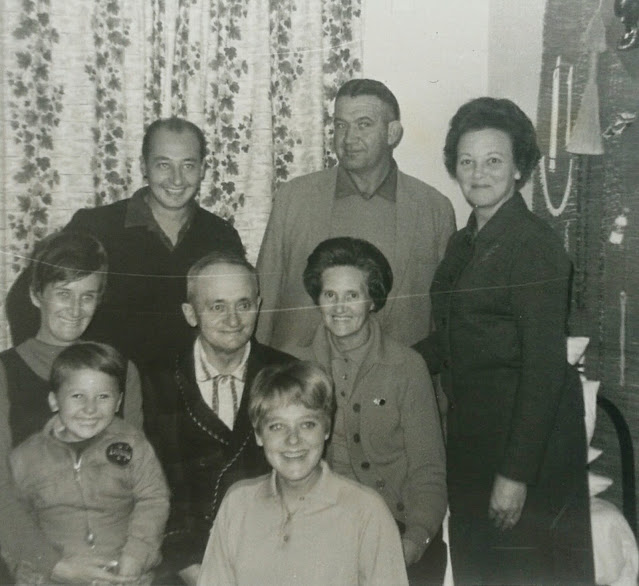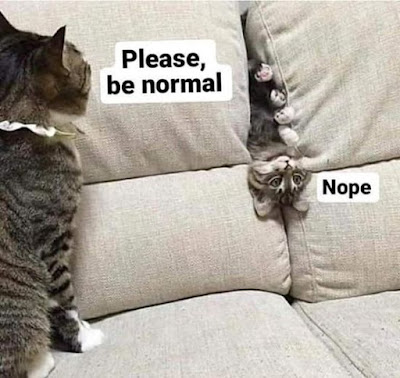Same Same but Different
Life in the Kloof is quiet except for the baboons. I prefer it that way and don't go out much. But infrequently I long for interaction with people other than paying guests and my partner.
So Saturday night's invite was important. Buurman and I have been together for many months without engaging, as a couple, with his former "married friends". We've pretty much been self-isolating in our personal paradise. I guess that's what happens when you find the love of your life with half your life behind you: there's so much joy to be found in just being together.
We were both married before - he for 30 and I for 25 years - with his divorce more recent than mine, though long enough ago to make Saturday night's meeting overdue.
We joined two couples for dinner at a guest farm on the other side of the plattelandse town I now call home: one husband-and-wife accountant union I'd met separately and briefly a couple of years ago and the other a couple with whom we've lunched twice and I knew to be warm, friendly, and interesting people.
As for the accountant couple, Buurman and they go way back. He watched their children grow up, spent regular summer holidays at their beach house, plays golf with the husband, and the wife is a work colleague. She also remains good friends with Buurman's ex. This is the nature of second families and since we're all adults I overcame my nervousness about making a good impression and relaxed into the evening. (The vodka served by our Russian-born host helped.)
I'm not sure when talk turned to race. It somehow snuck in after "the dangers of the Internet for ten-year olds" and "religious infiltration into schools" (the latter already setting my alarm bells ringing). Accountant mom & dad share three teenagers, a position on the governing body of the local primary school, and a sense of white superiority that should not have surprised me (but did).
It's unconscious, comes from living solely among others like oneself and has gone unchallenged, it seems, until Saturday night. In the face of flagrant and unthinking statements about "they" and "them" and "their culture" I asked if they knew anybody of colour whom they could imagine sitting with us at the table right at that moment and if they'd continue to speak the same way.
We probably grew up the same, accountant couple and I: conservative, Afrikaans, with Christian National education, cadets, church camps and lives entirely devoid of people of colour who were not servants or labourers. Apartheid as a system was chillingly effective. It did a very good job of keeping us apart.
Thing is, we don't have to stay there. Even those of us not exposed to people of colour as "equals" in childhood may meet them at college or university or in our working lives (remember, we were not allowed to go to school together). By the time you've reached middle age, you have no excuse to look down on what you now euphemistically call "other cultures". You could, at the very least, make the online acquaintance of someone outside your laager and learn how other people think and live. Perhaps then you wouldn't have to revert to our president as exemplum of the "black culture" that you find morally unacceptable or have to refer to how well you treat your domestic worker as proof that you "have nothing against them".
Then I realised, never mind knowing nobody of colour; these people don't even have white friends who differ from them.
The evening ended with fingers pointed at me as the outsider and accountant mom insisting they should leave. Goodbyes were stiff. I doubt we'll be invited to their house. Maybe friendships shift along with a new romantic relationship. Buurman knows how to navigate between his inner and outer worlds - he has to do so to work here - whereas I can see myself struggling socially in this small town.
If you're white and live in rural South Africa, chances are 1994 didn't really happen for you. I left the dinner sobbing: once again I didn't fit in. Where the fuck was I going to find friends, now that I felt ready to do so? I decided long ago I would no longer give up parts of myself to make friendships fit. Does that mean I must always be alone? Obviously the self-pity was running thick at this stage.
Then, as a counterpoint to Saturday night, I drove into town to listen to Imraan Coovadia at the Robertson Literary Society last night. I arrived just in time and slid into the single empty, white, plastic, garden chair in a room filled beyond capacity, only to find myself next to our hosts from the weekend - the other couple, with whom we'd had lunch before. Outspokenly one-sided as they, too, had been around their own dinner table, they'd showed up to listen to the Professor, interested, enquiring, asking questions and hearing the words of someone who thinks differently.
There is hope yet, I think.



